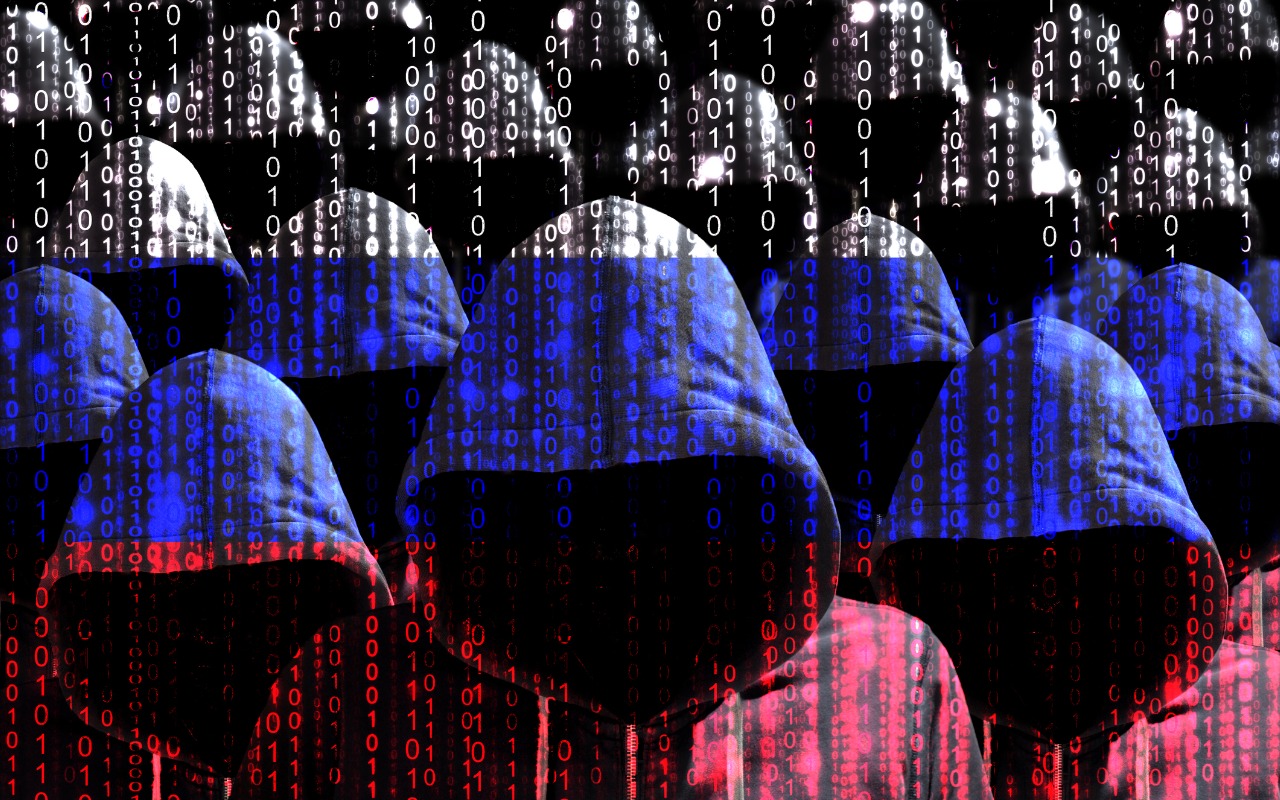For several decades, Russia has targeted a wide variety of cyberattacks at countries with which it has had disputes. That includes the United States and other Western nations, which have recently levied unprecedented sanctions against Russia after it invaded Ukraine. President Biden has warned that “Russia could conduct malicious cyber activity against the United States” in response, encouraging the private sector to increase the protection of systems and networks. This isn’t theoretical—the US Cybersecurity & Infrastructure Security Agency lists numerous such attacks in the last five years.
It’s tempting to think that your business is too small or unimportant to be targeted in a Russian cyberattack. While that may be true of direct infiltration by individual Russian hackers, many cyberattacks are carried out indiscriminately by bots—the ultimate is the DDoS (distributed denial of service) attack that uses compromised computers and Internet-of-things devices to flood a targeted server or company with an unmanageable amount of random Internet traffic. Plus, a common hacking approach is to compromise an account on one seemingly unrelated system as a stepping stone to another, more secure system.
There’s nothing new here—we’ve been encouraging everyone to take cybersecurity seriously for years now. But the threat is now more serious than ever before. So, here’s what we suggest—if you need help with any of this, don’t hesitate to contact us.
- Be vigilant: The most common way that hackers gain entry into computer systems is through an employee opening a malicious attachment or being fooled into entering credentials into a fake website. Implement or refresh security awareness training that teaches employees how to recognize suspicious email, identify phishing attempts, and report appropriately.
- Use good password practices: Make sure that everyone uses strong, unique passwords that are created, stored, and entered using a password manager. Password managers also identify weak passwords and those that have been compromised in security breaches—ask everyone to audit their passwords and update any that aren’t secure. (But there’s no reason to change good passwords willy-nilly.)
- Implement 2FA: Whenever possible, require two-factor authentication, which provides extremely strong protection against remote intrusion given that a compromised password is no longer sufficient.
- Keep software up to date: Install all software and operating system updates on all platforms. In its security update notes, Apple often says that particular vulnerabilities are actively being exploited—it’s crucial to install such updates immediately. If you use anti-malware software (essential for Windows; less so for macOS), keep its signatures current.
- Backup regularly: Ensure that all systems are backed up regularly, and for your most important data, make sure backups are protected from ransomware encryption by storing them offline or using object locking on a cloud storage service. Be sure to test your backups regularly as well—backing up is the first step, but being able to restore is what’s necessary.
- Increase monitoring: Keep a centralized record of all employee reports of suspicious behavior to better identify attack patterns and targeted systems. Whenever possible, make sure server and network device logging is enabled so any incidents can be investigated more fully. Turn on any anomaly reporting capabilities in backup and other security-related apps.
- Plan for the worst: Develop or revisit business continuity and crisis response plans. For instance, discuss how you’d deal with losing Internet connectivity, being locked out of key online accounts, or having all your data rendered inaccessible by ransomware.
There’s no reason to panic, but the increased threat from Russian cyberattacks is a good excuse to focus more attention on digital security. The Internet makes astonishing things possible, but it also opens us up to attacks that would previously have been inconceivable. Stay safe out there.
(Featured image by iStock.com/BeeBright)
Social Media: The Russian invasion of Ukraine is horrific, but the economic sanctions and other responses from Western nations mean that businesses of all sizes need to be more vigilant about cybersecurity. Read on for suggestions:



